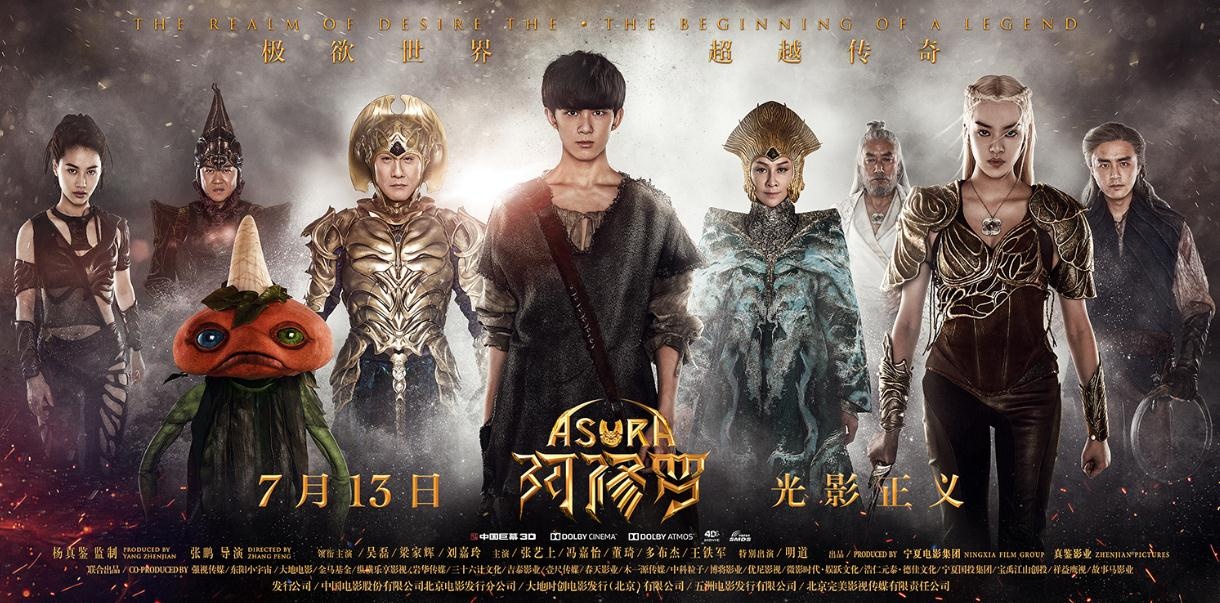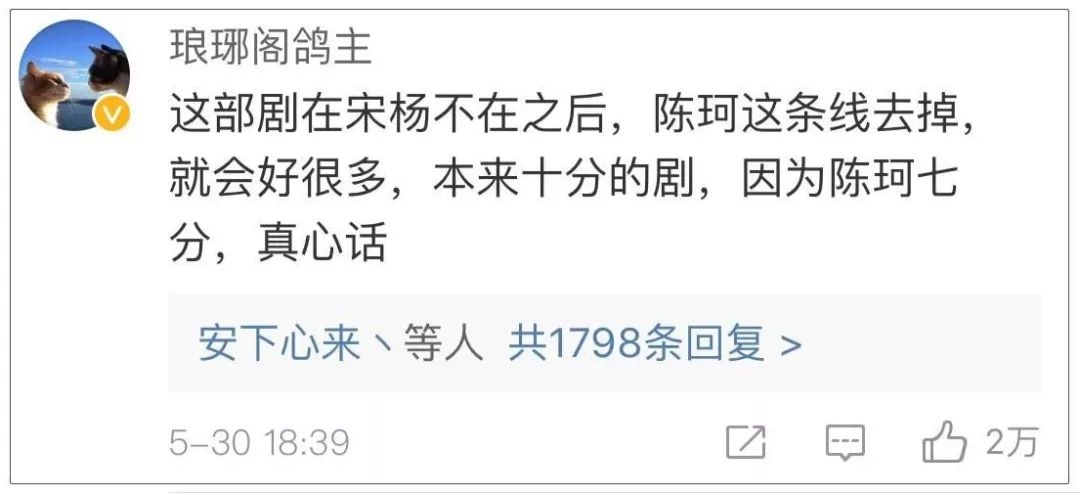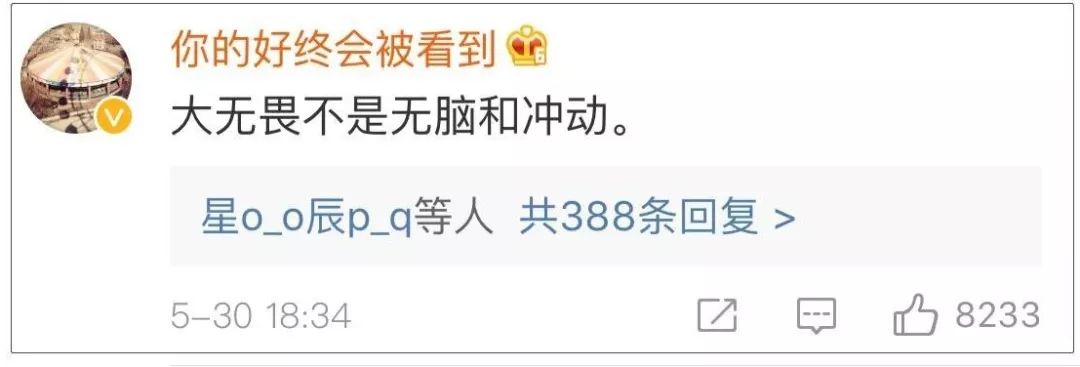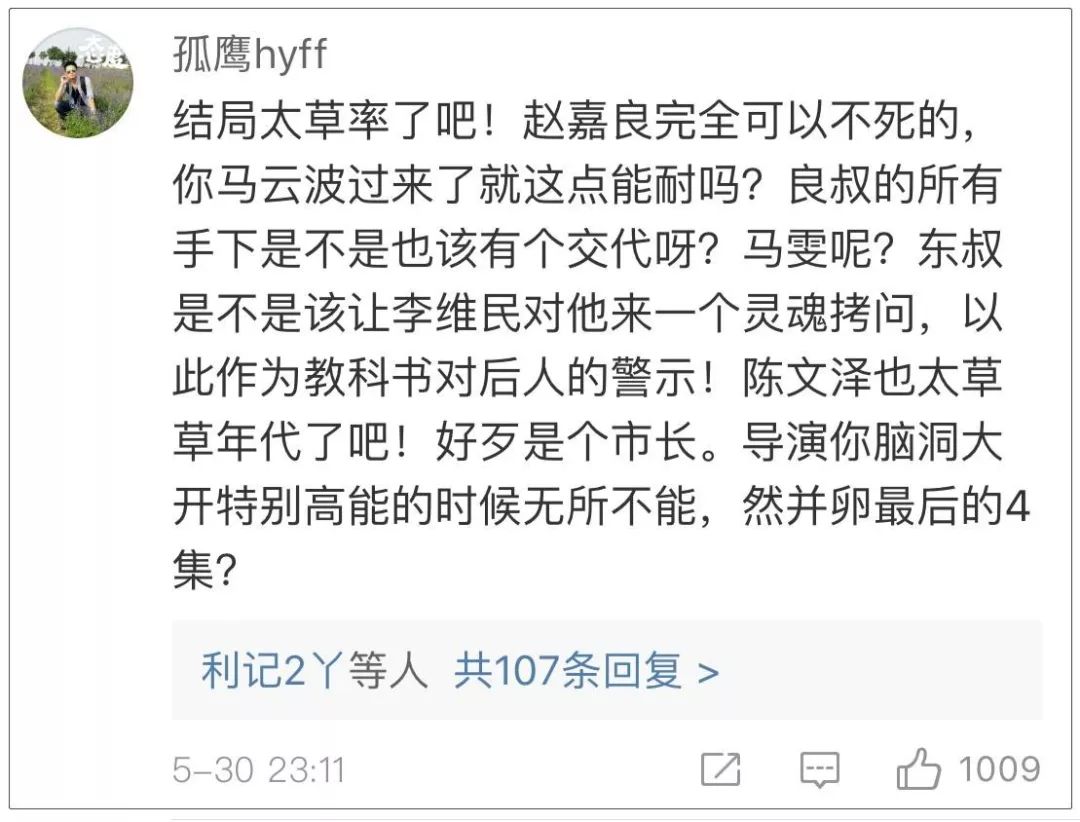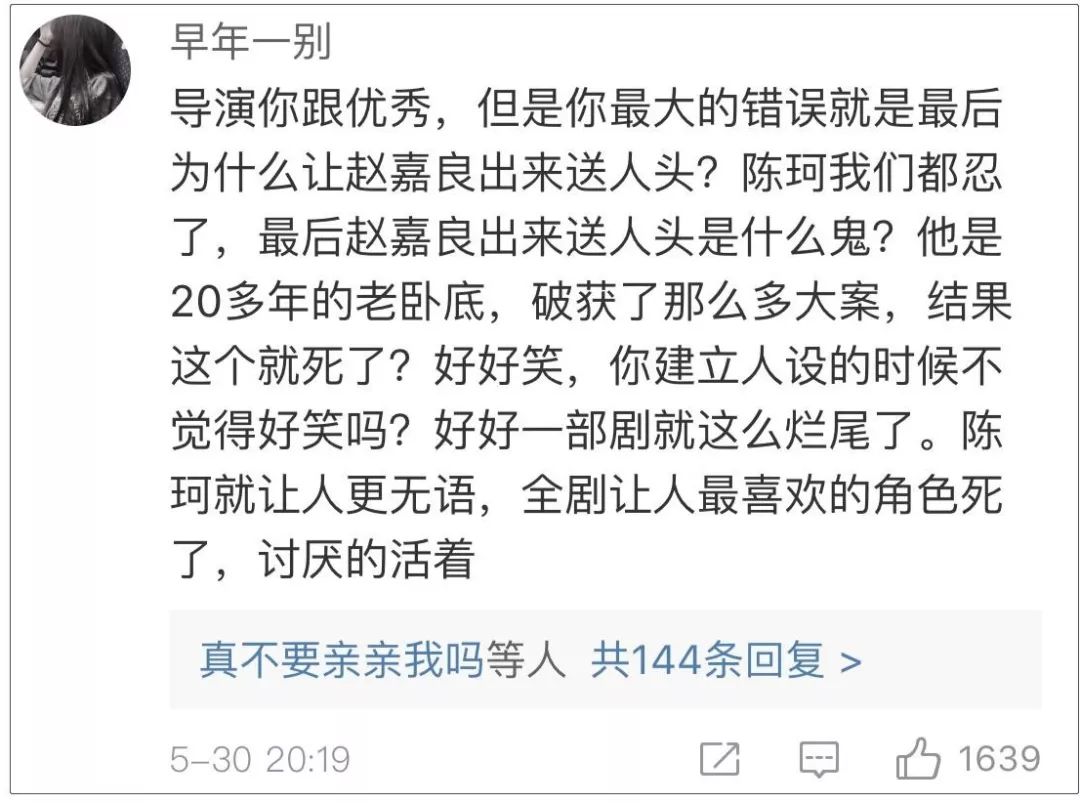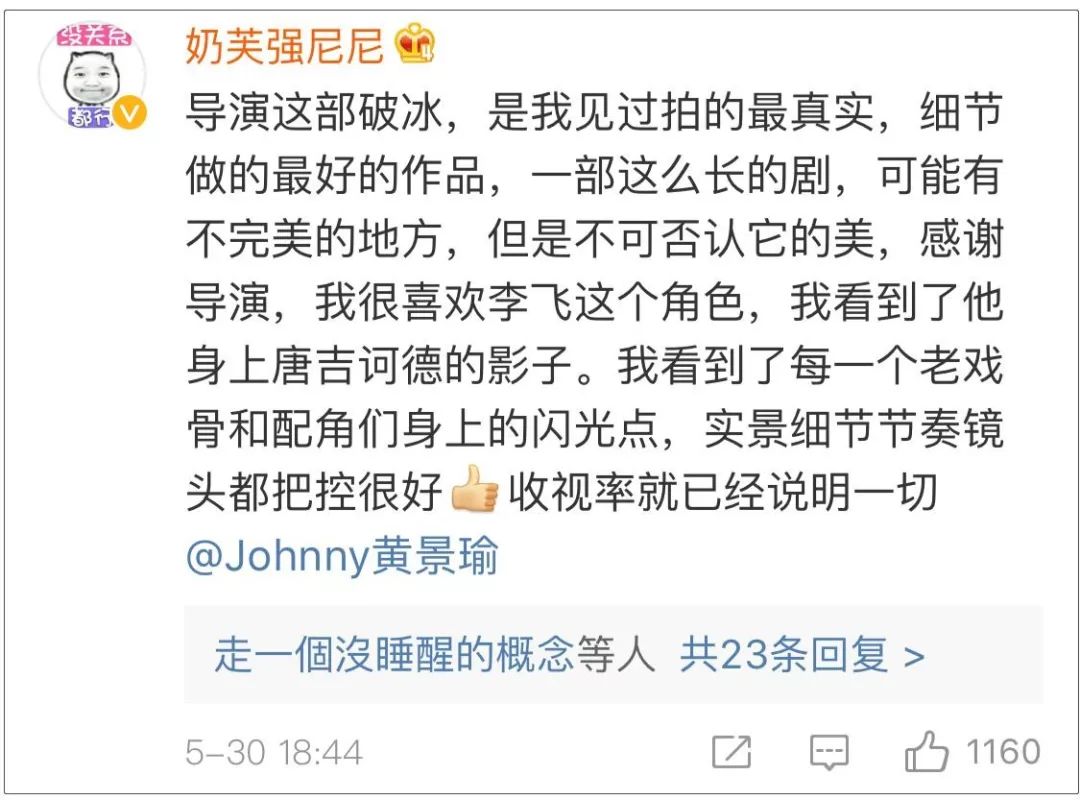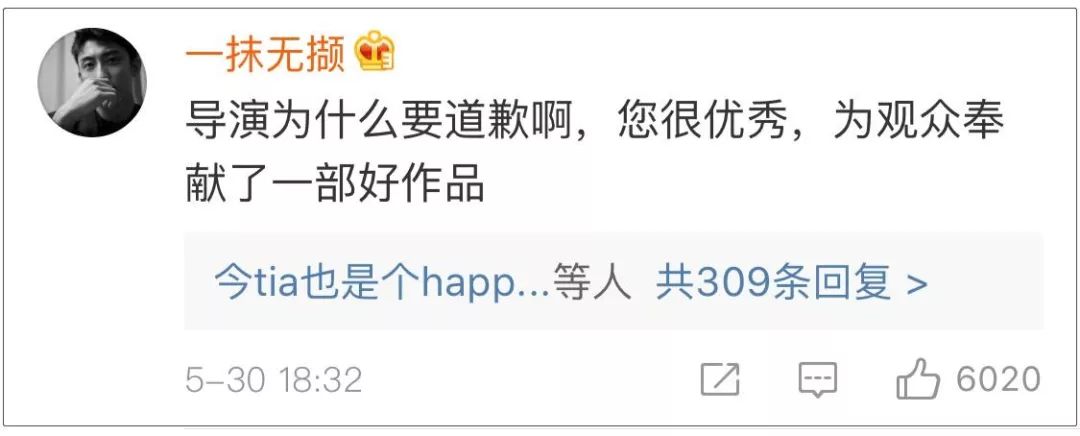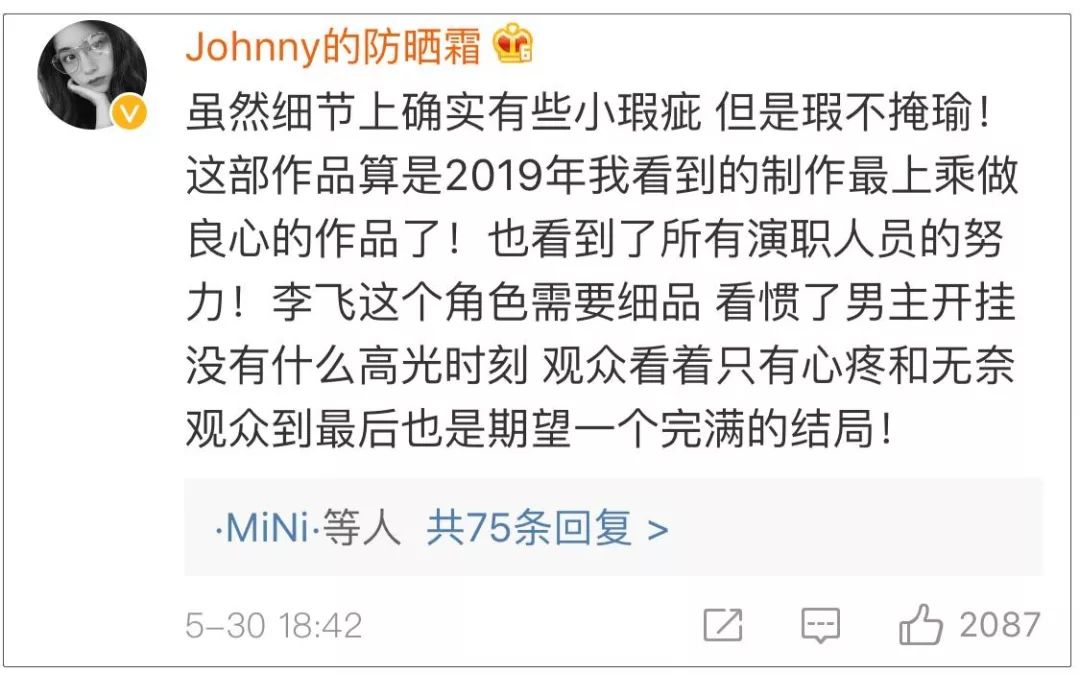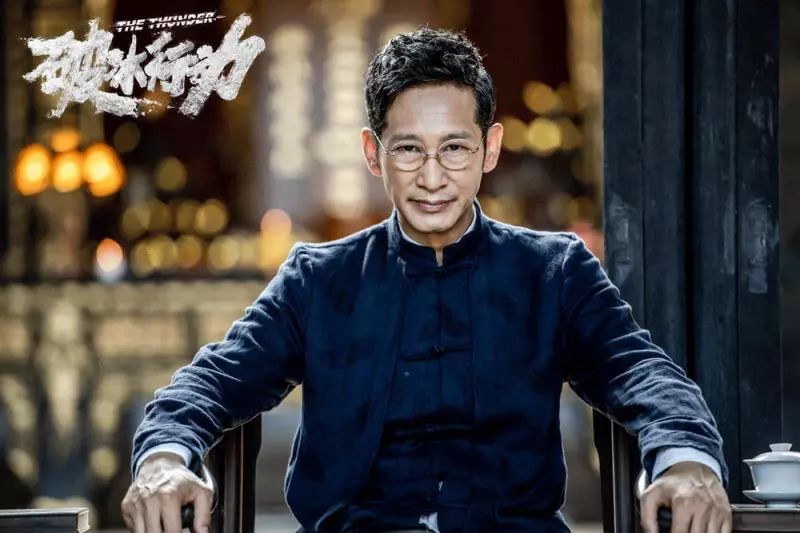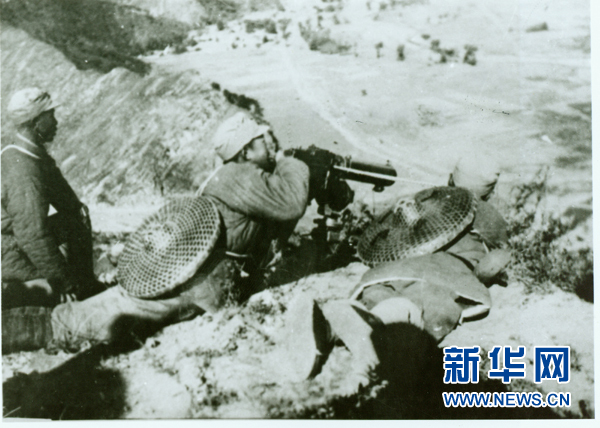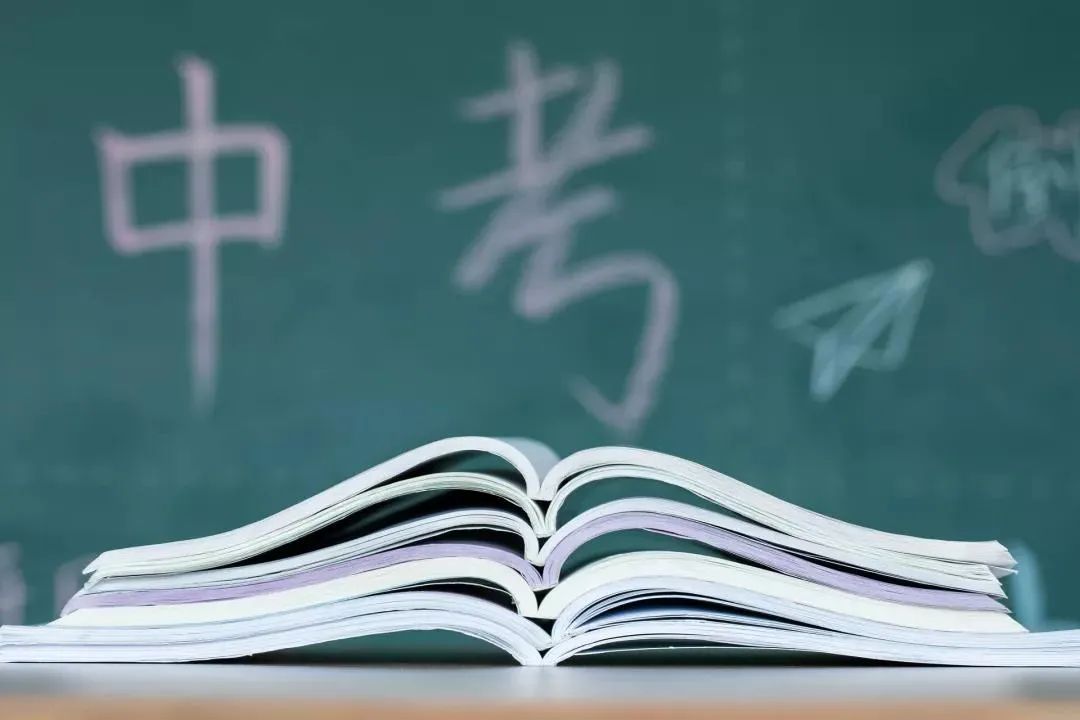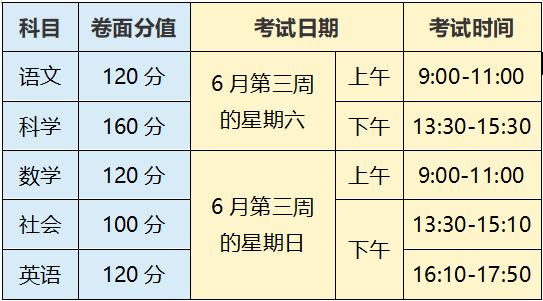The weather has turned cold recently.
In an instant, I entered the winter mode.
The number of patients with colds and coughs has increased.
I want to go to the hospital.
I will definitely want to go to which hospital is better.

To say that hospital power is not authoritative
That depends on the level of the hospital.
Generally, the top three hospitals are very authoritative hospitals.
So what are the top three hospitals in Chongqing?
Let’s take a look with GO sister!
↓↓↓
Chongqing Gongyou36 familiesThird-class first-class hospital

Among them, there are 18 tertiary hospitals in the main city area.
Let’s take a look at the main city of Chongqing18grade A tertiary hospital
What are they?
↓↓↓
7 in Yuzhong District
1. Chongqing People’s Hospital
Hospital grade: Grade III A.
Address: No.312, Zhongshan 1st Road, Yuzhong District, Chongqing, No.1, Zhulin Village, Guanyinqiao, Jiangbei District, No.104, Pipashan Main Street, Yuzhong District, No.198, Zhongshan 2nd Road, Yuzhong District, No.6, Xingguang 5th Road, Avenue of Stars, North New District, No.101, Longdongwan Road, Geleshan Town, Shapingba District.
Contact telephone number:63515796
Key departments:Allergy, Cardiovascular Surgery, Orthopedics, Geriatrics, Otolaryngology, Medical Laboratory, Critical Care Medicine, Medical Laboratory, Orthopedics, Respiratory Medicine, Geriatrics, Neurosurgery, Medical Imaging.
Online booking:http://www.cghhospital.org/
2. The First Affiliated Hospital of Chongqing Medical University
Hospital grade:Third-grade a
Address:No.1 Youyi Road, Yuanjiagang, Chongqing, No.50 Jinyu Avenue, Liangjiang New District, Chongqing, and No.191 Renmin Road, Yuzhong District.
Contact telephone number:68811360
Key departments:Internal medicine (infectious diseases), neurology, integrated traditional Chinese and western medicine (national traditional Chinese medicine, geriatrics, medical imaging, oncology, obstetrics, medical laboratory, specialist nursing, endocrinology, neurosurgery, thoracic surgery, anesthesiology, intensive medicine, cardiovascular medicine, ophthalmology, neurology, respiratory medicine, general surgery, otolaryngology.
Online booking:http://www.hospital-cqmu.com/

3. The Second Affiliated Hospital of Chongqing Medical University
Hospital grade:Third-grade a
Address:No.74 Linjiang Road, Yuzhong District, Chongqing, No.112 binjiang road, Jialing River, Yuzhong District, 5th and 6th floors of Building B of Goldman Sachs Chuangfu Center, and No.288 Tianwen Avenue, Nan ‘an District.
Contact telephone number:63832133
Key departments:Internal medicine (infectious diseases), neurology, cardiovascular medicine, respiratory medicine, nephrology (now renamed nephrology), medical imaging (including radiology, ultrasound, nuclear medicine), infectious diseases, obstetrics and gynecology, laboratory, general surgery (including hepatobiliary surgery, gastrointestinal anorectal surgery, vascular hernia abdominal surgery, breast and thyroid surgery), geriatrics (now renamed geriatrics)
Online booking:http://www.sahcqmu.com/
4. Army Characteristic Medical Center
(Daping Hospital)
Hospital grade:Third-grade a
Address:No.10, Changjiang Bypass, Yuzhong District
Contact telephone number:68757100
Key departments:Field surgery, orthopedics, general surgery, neurosurgery, cardiothoracic surgery, urology, cardiovascular medicine, respiratory medicine, ophthalmology, gastroenterology, neurology, cancer treatment center, obstetrics and gynecology, pediatrics, hypertension endocrinology, otolaryngology.
Online booking:http://www.dph-fsi.com/

5. Children’s Hospital Affiliated to Chongqing Medical University
Hospital grade: Grade III A.
Address:No.136, Zhongshan Second Road, Yuzhong District, Chongqing
Telephone appointment:023-12320 (pay when picking up the number); 023-114 (Pay when picking up the number)
Key departments:Children’s clinical immunization, children’s health care, children’s respiration, urology and neonatology, etc.
Online booking:http://chcmu.com/
6. Chongqing Emergency Medical Center
(Chongqing Fourth People’s Hospital)
Hospital grade:Third-grade a
Address:No.1 Jiankang Road, Yuzhong District, Chongqing
Contact telephone number:63692008
Key departments:Emergency medicine, trauma surgery, pre-hospital emergency medicine, intensive medicine, cardiovascular medicine, orthopedics, neurosurgery, clinical nursing, neurology, nerve injury and critical illness, etc.
Online booking:http://www.120cq.com.cn/
7. Stomatological Hospital Affiliated to Chongqing Medical University
Hospital grade:Third-grade a
Address:No.5 Shangqingsi Road, Yuzhong District, Chongqing
Contact telephone number:89035858
Key departments:Plastic surgery, dental pulp, periodontal mucosa, children’s oral prevention, orthodontics, maxillofacial surgery, implant, oral clinical medicine, orthodontics, oral internal medicine (direction of dental pulp disease), oral preventive medicine.
Online booking:http://www.cqdent.com/
2 in Jiangbei District
1. PLA 958 Hospital
(Former PLA 324 Hospital)
Hospital grade:Third-grade a
Address:No.29 Jianxin East Road, Jiangbei District, Chongqing
Key departments:Mental health center, cardiology, abdominal surgery, cardiothoracic surgery, orthopedics, urology, oncology of traditional Chinese medicine
Contact telephone number:68762324
Online booking:http://www.sh85yy.com/yyjs/85yy73.html

2. Chongqing Traditional Chinese Medicine Hospital
Hospital grade:Third-grade a
Address:No.6 Panxi 7 Branch Road, Jiangbei District, Chongqing, No.40 Daomenkou, Yuzhong District, Chongqing
Contact telephone number:67665886/63841324
Key departments:Dermatology, Acupuncture, Oncology, Nephrology, Nursing, Gynecology of Traditional Chinese Medicine, Encephalopathy (Neurology), Anorectal, Orthopedic, Hepatology, etc.
Online booking:http://www.cqszyy.com/
2 in Nan ‘an District
1. Chongqing Armed Police Corps Hospital
Hospital grade:Third-grade a
Address:90 Weiguo Road, Danzishi, Nan ‘an District, Chongqing
Contact telephone number:62511985
Key departments:Otolaryngology Center, Gynecology, Cardiovascular Medicine, Oncology, Urology, Orthopedics

2. Chongqing Fifth People’s Hospital
Hospital name:Chongqing Fifth People’s Hospital
Hospital grade:Third-grade a
Address:No.24 Renji Road, Xuantan Temple, Nan ‘an District, Chongqing
Contact telephone number:62896109
Key departments:General surgery, cardiovascular medicine, pediatrics, emergency department, medical imaging department, neurology department and pathology department.
Online booking:http://www.cq5y.com/www/index/
1 in Jiulongpo District
1. Jiulongpo District Hospital of Traditional Chinese Medicine in Chongqing
Hospital grade:Third-grade a
Address:No.160 Longquan Village, Jiulongpo District, Chongqing (General Hospital) and No.2 Xingsheng Road, Jiulongpo District, Chongqing (Branch)
contact number:89068360/86123513
Key departments:Orthopedics, Acupuncture, Pain, Encephalopathy, Spleen and Stomach Diseases, Massage, Pediatrics and Oncology.
Online booking:http://jlpzyy.qihui365.com/wxhis
3 in Shapingba District
1. The First Affiliated Hospital of Army Military Medical University
(Southwest Hospital)
Hospital grade:Third-grade a
Address:No.29 Yanzheng Street, Gaotan, Xinqiao Street, Shapingba District
Contact telephone number:68754500
Key departments:Burns, hepatobiliary surgery, infectious diseases, urology, neurosurgery, orthopedics, cardiothoracic surgery, plastic surgery, cardiovascular medicine, respiratory medicine, digestive medicine, ophthalmology, and integrated traditional Chinese and western medicine.
Online booking:http://www.xnyy.cn/
2. The Second Affiliated Hospital of Army Military Medical University
(xinqiao hospital)
Hospital grade:Third-grade a
Address:No.83 Xinqiao Main Street, Shapingba District
Contact telephone number:68755304
Key departments:Respiratory medicine, cardiovascular medicine, cardiovascular surgery, orthopedics, urology, neurosurgery, general surgery, hepatobiliary surgery, thoracic surgery, plastic surgery.
Online booking:http://www.xqhospital.com.cn/

3. Chongqing Cancer Hospital
Hospital grade:Third-grade a
Address:No.181 Hanyu Road, Shapingba District, Chongqing
Contact telephone number:65311341
Appointment registration: 023-65301682
Key departments:Traditional Chinese medicine oncology department, gynecological tumor center, oncology department, breast oncology department, head and neck oncology department, tumor radiotherapy department, hepatobiliary and pancreatic oncology department, chest tumor center, urology oncology department.
Online booking:http://www.cqch.cn/
2 in Beibei District
1. Chongqing Ninth People’s Hospital
Hospital grade:Third-grade a
Address:No.69 Jialing Village, Beibei District, Yueyatian Yueya Village and Shuangbaishu Huaguang Community, BeiWenquan Street, Beibei District.
Contact telephone number:68862495
Key departments:General medicine, pediatrics, emergency medicine, endocrinology, Chongqing Children Autism Rehabilitation and Treatment Center.Online booking:http://www.cq9yuan.com/index.html
2. Beibei District Hospital of Traditional Chinese Medicine in Chongqing
Hospital grade: Grade III A.Address:No.93 Beixia Road, Beibei District, ChongqingContact telephone number:68863618/68355184?Key departments:It has 2 national key clinical specialties (Encephalopathy Department, Otolaryngology Department) and 4 national specialties of traditional Chinese medicine (Otolaryngology Department, Orthopedic Department, Acupuncture Department and Pulmonary Disease Department); One key discipline of traditional Chinese medicine in Chongqing (TCM encephalopathy); There are 10 key and characteristic specialties of traditional Chinese medicine in Chongqing (cerebrovascular specialty, otolaryngology, cardiovascular specialty, oncology specialty, nephrology specialty, spleen and stomach specialty, anorectum specialty, orthopedics specialty, acupuncture specialty and Beiquan community).Online booking:http://www.cqbbzyy.com/
1 in Yubei District
1. Chongqing Maternal and Child Health Hospital
Hospital grade:Third-grade a
Address:No.120 Longshan Road, Yubei District
Contact telephone number:023-48262695
?Key departments:Assisted reproductive medicine, cervical disease diagnosis and treatment center, obstetrics, reproductive endocrinology, neonatology, women’s health care, children’s health care.Online booking:http://www.cqsfybjy.com/

PS: At present, there are no tertiary hospitals in dadukou district. At present, there are no tertiary hospitals in Banan District, but there are four secondary hospitals. However, it is said that Banan District People’s Hospital in Chongqing will complete the establishment and acceptance of the top three hospitals in 2019. Banan District is about to usher in the first 3A hospital. Let’s look forward to it.
So how can medical insurance be reimbursed if you are hospitalized in a top three hospital? Presumably, everyone is also curious about this question. First of all, we must know that the top three hospitals are tertiary hospitals. Oh, you should look at it when comparing the information."tertiary hospital"A column of
Employee medical insurance reimbursementPay line:200 yuan, a first-class hospital, 440 yuan, a second-class hospital,880 yuan, a tertiary hospital.Reimbursement ratio:1. Reimbursement ratio of on-the-job personnel: 90% in first-class hospitals and 87% in second-class hospitals.85% of tertiary hospitals;2. Reimbursement ratio of retirees: level 1, level 2,Hospitalization in tertiary hospitals is reimbursed by 95%.

Residents’ medical insurance reimbursement
Pay line:
100 yuan, a first-class hospital, 300 yuan, a second-class hospital,800 yuan, a tertiary hospital.
Reimbursement ratio:
1. First-class payment: 80% for first-class hospitals and 60% for second-class hospitals.45% of tertiary hospitals;
2. Second-grade payment: 85% for first-class hospitals and 65% for second-class hospitals.50% of tertiary hospitals.
In short, the hospital level is low, the deductible line is low, the proportion of medical insurance reimbursement is high, and the insured pays less.
[Disclaimer] The texts, pictures, audio and video that are not marked with "Source: Upstream News-chongqing morning post" or "Upstream News LOGO" on the upstream news client are all reposted. If the reposted manuscript involves copyright issues, please contact the upstream news.
